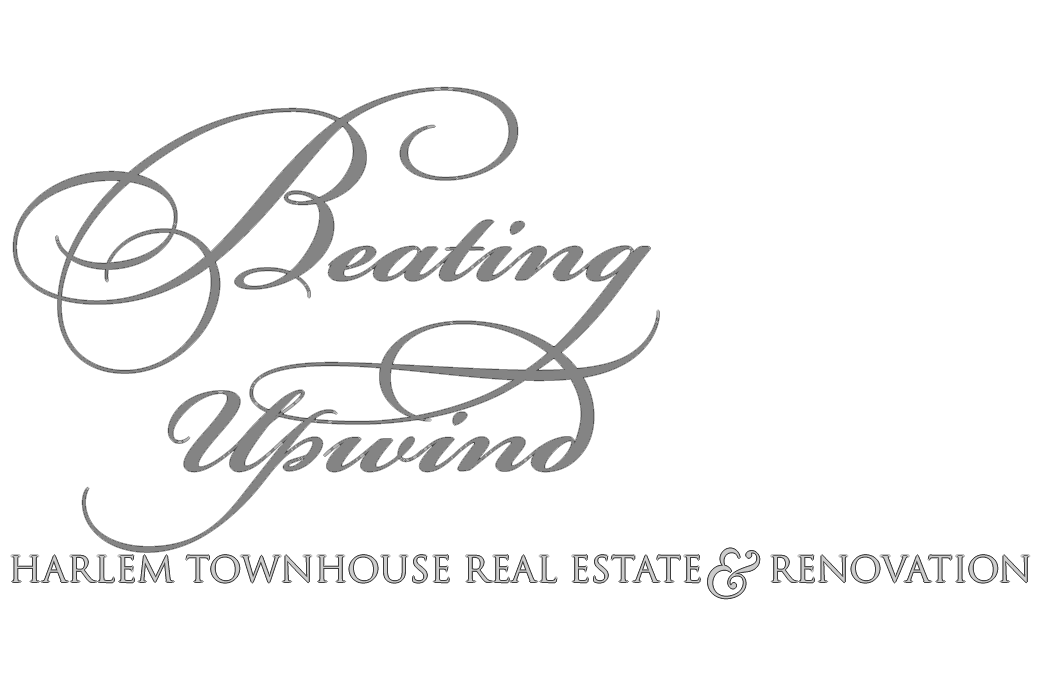I was talking to our mortgage guy at Wells Fargo the other day, and on top of the rehab loan amounts going down over $100K on September 30, there are now restrictions on using rental income to qualify for a mortgage.
We qualified for our mortgage by taking our incomes and adding 75% of the expected rental income. Only with that rental income were we able to qualify for our mortgage. Now people getting loans have to prove that they can pay the mortgage payment out of their own pockets with no help from rental income. That’s a huge barrier.
Take us for an example… We’re not rich, we just invested well when we bought our coop back in ’98 and walked away with (barely) enough to buy a shell nearly “all cash” when we sold our coop in ’09. We were pushing the debt-to-income ratios as it is. Come October the $930K loan we got would drop to $800K, and then the $1,500/mo (75% of $2,000) that we calculated in as rental income wouldn’t count. That would drop the loan we would qualify for by almost another $300,000. We just couldn’t do any sort of renovation for $500K. It would have stopped us dead in our tracks.
There are exceptions to the rules. You can count the rental income if 1) you can show that you’ve managed rental property before, and 2) if you’re a first time home buyer. You can also ask for an exemption if there is an established rent roll for the building and the tenants are staying put. But of course, that’s never the case with shells undergoing major renovation.
All of this is because the banks are worried about the borrowers covering the first few months of mortgage payments. So I asked if an escrow could be set up to cover those months – the answer was ‘no’…
The thing is, even in a case like ours (which pushes the limits) the numbers really do work once a tenant is in place. We’ll be paying slightly more for 3,000 sq. ft. in a townhouse than we used to pay for our 1,350 sq. ft. coop – and rental income is a big part of the reason why the numbers work as well as they do.
What this means for Harlem townhouses is fewer of them will get renovated and the renovations that are done will be lower end “rental grade” renovations. It also means more investors doing renovations and fewer owner occupied townhouses. All of those factors have a direct negative impact on the community.
As always, if you’re affected by the new changes – talk to one or more mortgage experts to see if there are loopholes you can qualify for to get around the rules. There may be factors I’m not familiar with that will affect whether you qualify for the mortgage you need.
